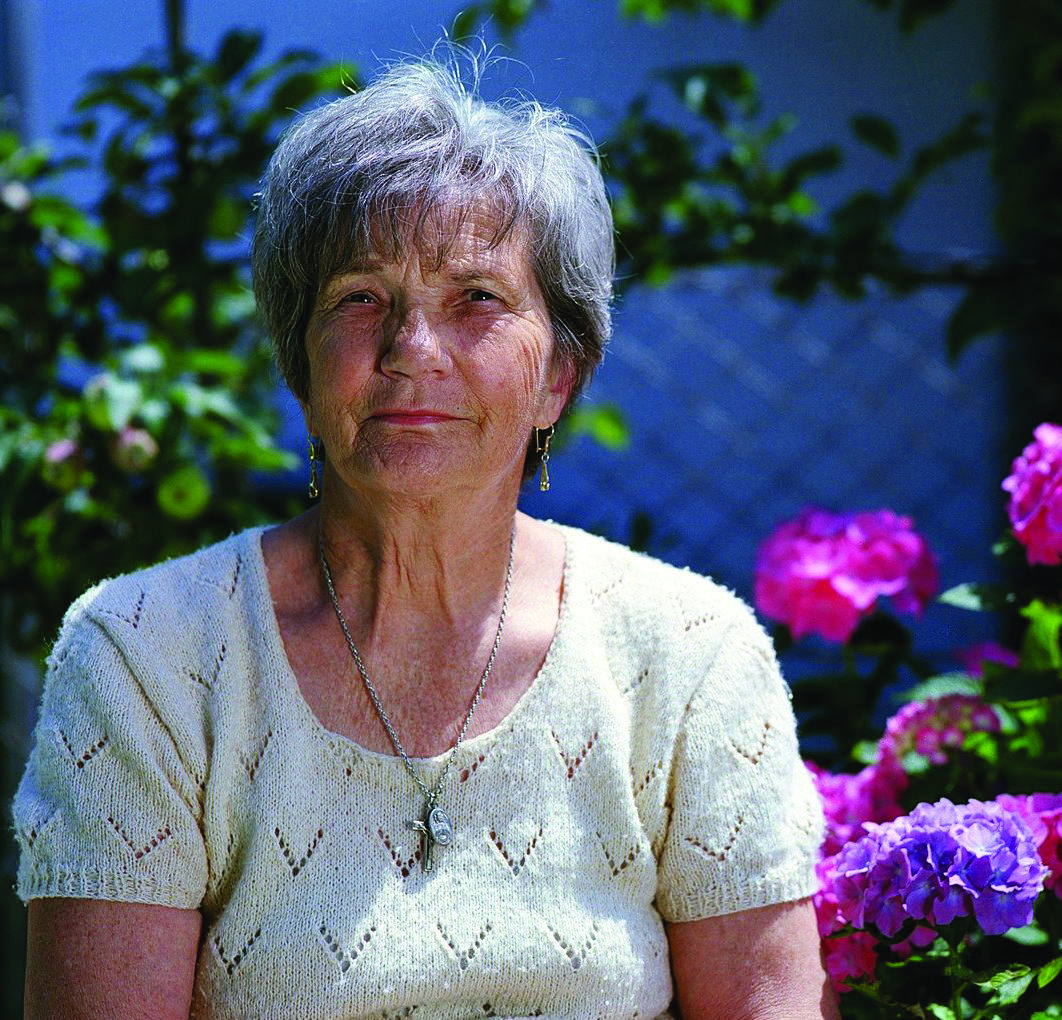Trying to eat enough nutritious food each day and stay as healthy as possible can be hard to do, especially when you are suffering from a serious illness.
A 2018 Statistics Canada study showed that people who experience “stressful life events” — for example, suffering from a chronic disease or other debilitating condition — have an increased risk of experiencing greater food insecurity.
Coping with a life-threatening or chronic illness can negatively affect your finances and food security in ways that you might not expect. A major illness may bring unplanned expenses into your life – from the cost of your prescription medications to time away from work.
At the same time as having new medical expenses, worrying about your job or even losing your income can make it seem impossible to eat as well as you can without forgoing necessary medications, and push anyone over the edge and into the position of having to use a food bank.
Could you imagine having to survive on $50 worth of food for the whole month? That’s what Pamela had to do until she registered at the Greater Vancouver Food Bank (GVFB), one of 4,750 food banks and community agencies proudly supported by Food Banks Canada.
Pamela is one of the Greater Vancouver Food Bank’s senior clients who opened up about her journey to recovery as a Stage 4 cancer patient.
At the beginning of her treatment, Pamela’s oncologist noticed that she had lost 20 pounds in six weeks. Her sudden weight loss was from a combination of her treatments and the inability to afford food.
Upon hearing this, Pamela’s oncologist connected her to a social worker, who quickly referred her to the Greater Vancouver Food Bank.

PAMELA’S STORY
Like a lot of people, Pamela had felt ashamed and afraid to ask for help from the food bank for many years, even before she got sick. But once she registered, she was delighted by the respect and kind manner from the Greater Vancouver Food Bank’s friendly staff and volunteers.
“Your support has meant the difference between me surviving and not,” Pamela said. “Beyond my rent, I have an extra $150 a month to cover all my expenses. That leaves me $50 for food.”
In addition to her weekly allotment of food from the GVFB, Pamela is now able to stay well-nourished through their monthly specialized Seniors’ Program, which offers nutritional shakes, eggs, lean protein, yogurt, oatmeal and cheeses.
“I really like using tuna or salmon and adding them to my sandwiches,” Pamela said. “It’s so easy to eat and it keeps me full for hours.”
With access to the fresh and nutritious selection of food, Pamela was able to regain the weight that she lost in a matter of months, and better maintain her health and well-being.
“I would not exist without the food bank and its donors,” Pamela said. “Now I have food to eat. I’m not starving anymore. I honestly don’t know where I would be without the food bank.”
Ending the cycle of food insecurity and chronic disease
Individuals like Pamela who are facing a life-threatening illness need to take time off work, receive treatment, and focus on eating well in order to recover and reduce the risk of developing other health problems.
That is why Food Banks Canada recommends that the Canadian government review and reduce the number of hours needed to qualify for Employment Insurance (EI) and EI sickness benefits. In addition, we’re calling for the provincial and federal governments to work together on reducing clawbacks and building harmony between EI and social assistance. These changes will better reflect the nature of modern jobs and situations for low-income workers.
As conditions in Canada’s economy worsen amid historic food bank demand, there is no time for slow and drawn-out processes. Action is needed today.